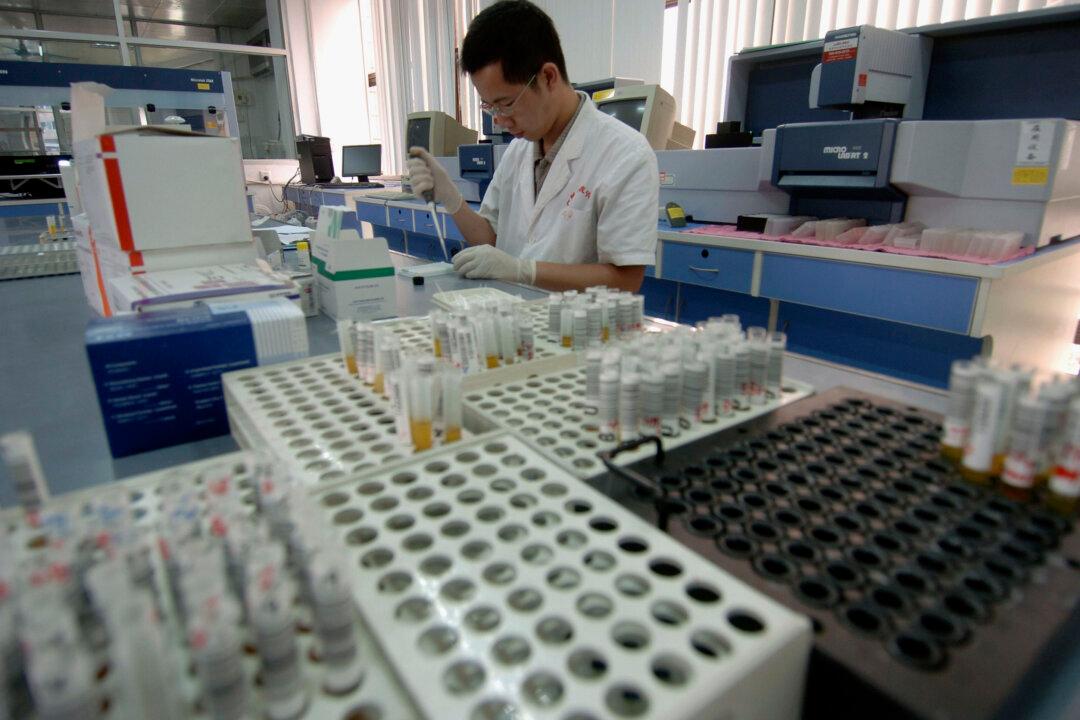Beijing has embarked on an ambitious strategy that includes taking a nationwide genetic survey of its 1.4 billion people every half-decade. The new plan has sparked concerns over the authoritarian regime’s violation of personal privacy, and its possible anti-humanitarian motives.
China’s Ministry of Science and Technology recently promulgated regulations for the management of China’s human genetic resources, effective July 1. Almost buried in wordy statements about “filing, prior reporting, supervision, and inspection” of human genetic resources is the mandate that a “national survey of human genetic resources shall be carried out every five years and may be carried out according to actual needs when necessary.”





